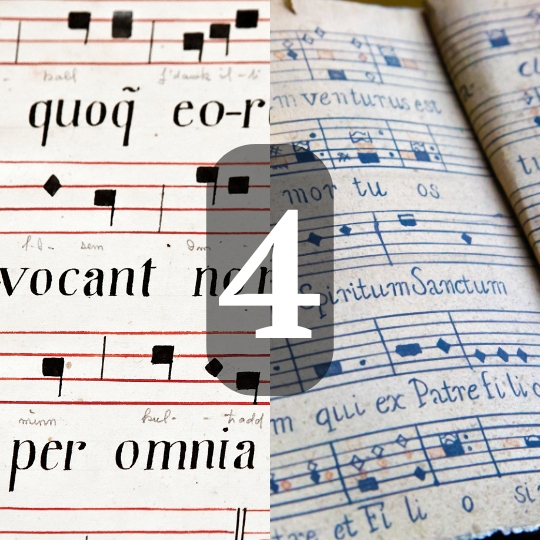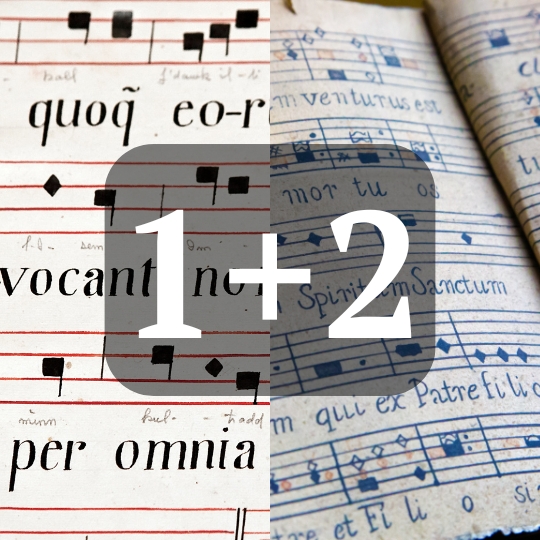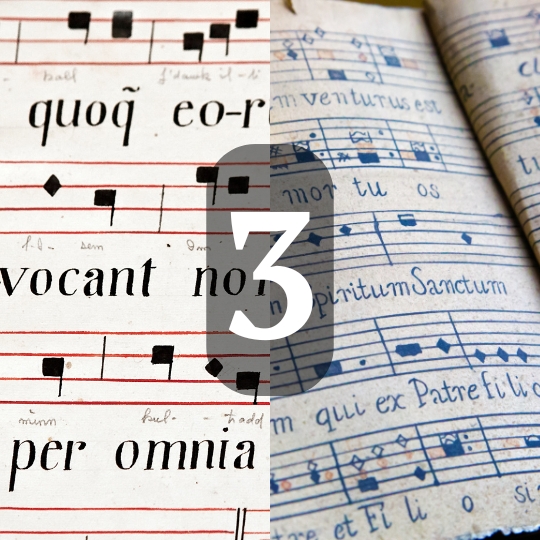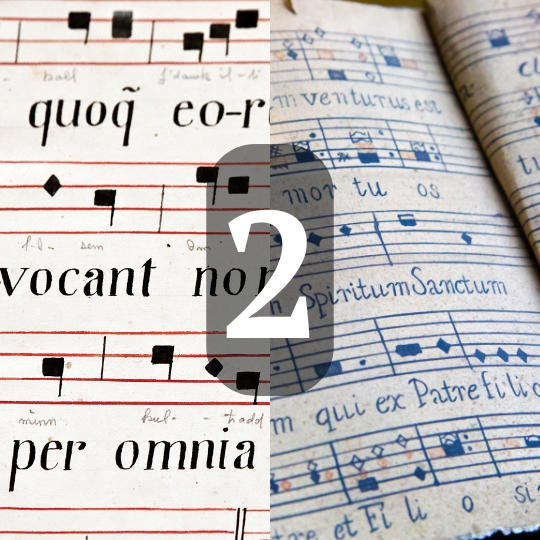In their 1976 composition, Für Alina, for solo piano, Arvo Pärt introduced the world to his algorithmic technique, tintinnabuli.
At first glance, the technique’s use in Für Alina looks similar to a two-part first-species counterpoint exercise.
On closer inspection, however, one can see the two voices move in similar or oblique motion.
Using two types of voice: a melody voice, in the right hand, and a tintinnabuli voice, in the left; the tintinnabuli voice is confined to notes of the B-minor triad, while the melody voice is limited to those of the B-natural-minor scale.
The tintinnabuli voice, barring one moment, always takes up a note of the B-minor triad below and closest to the note of the m-voice.
This article is a supplemental short to two others:
- An article/video where I deeply analyse Arvo Pärt’s Für Alina and discuss tintinnabuli more generally. (Link here)
- An article/video where I experiment with tintinnabuli technique to create an arrangement of the nursery song Twinkle Twinkle Little Star. (Link here)
Musical Moments is a new series where I focus on larger works—whether in orchestration, length, or complexity—and zoom in on small sections …
Fourth Species Counterpoint is a type of music composition that focuses on creating counterpoint through suspension and syncopation, which means that notes …
Combining 1st and 2nd species counterpoint is where we truly start to unlock counterpoint’s potential as a tool for enhancing our composition …
Continuing from the foundational work in first and second species, third species counterpoint introduces a more intricate rhythmic structure by pairing four …
Continuing our study of species counterpoint from last week, where we looked at counterpoint in the first order / first species, this …
First species counterpoint, often referred to as “note against note” counterpoint, is the foundation of contrapuntal composition. It (First Species Counterpoint) involves …







